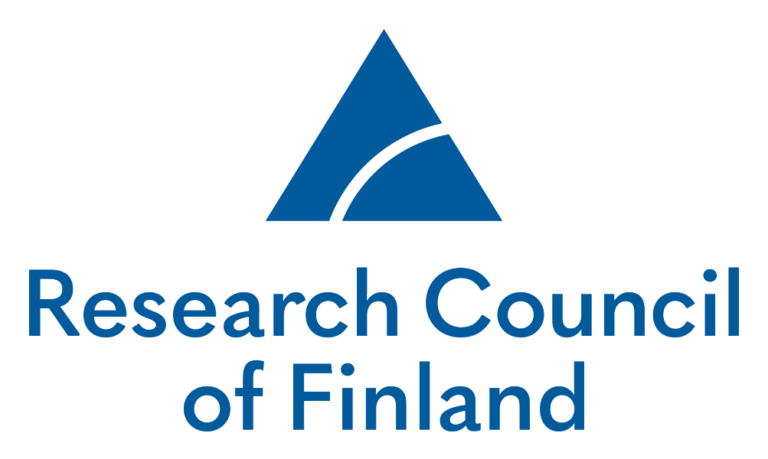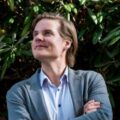
SusHydro - Regoverning the Existing Hydropower System
Funders
Main funder

Our research creates interdisciplinary guidelines for sustainable governance of existing hydropower, integrating the ecological, economic, and social pillars of sustainability. By conducting and combining state-of-the art legal, ecological, and economic research this project is uniquely positioned to resolve the conflict between current governance and sustainability. The project aims at recognizing sustainable pathways for transforming the existing top-down governance system of hydropower production.
Leaders
Introduction
This 4-year project seeks to identify and present the best and most sustainable approaches for reconciling hydropower’s advantages of, for instance, low-carbon and flexible energy production with its ecological disadvantages. In our view, the society surrounding hydropower has changed, but its governance has largely remained the same due to, for example, the strong permanence of hydropower permits and inadequate ecological knowledge. However, our research seeks to pave the path towards a sustainable transformation of the industry.
Our multi-disciplinary approach will combine research and expertise from the fields of 1) law, 2) ecology, evolutionary biology and ecophysiology, 3) economics, 4) energy engineering, and 5) environmental science. The common theoretical framework of the project is based on adaptive governance theory, and our project will concretize the theoretical framework by developing a method appropriate for the Finnish hydropower context, considering also the mitigation hierarchy of environmental impacts (avoidance, minimization, remediation, offsetting). Avoidance is no longer an option in Finland, but the remaining three are, including for instance:
- fishways and downstream migration routes (minimization),
- habitat or river restoration and construction of natural bypass streams (remediation),
- migration barrier removal, for example the removal of a powerplant or dam (offsetting)
These concrete scenarios and the novel, interdisciplinary and systematic approach to hydropower regovernance set this project’s approach apart, since the scope is on the whole governance system instead of, for instance, a single river or production facility.
Implementation and organization
The project is organized into four work packages, which are:
- WP1 Joint Analysis (leader Antti Belinskij, UEF)
- WP2 Governance (leader Niko Soininen, UEF)
- WP3 Ecological analysis (leader Saija Koljonen, SYKE)
- WP4 Social value of hydropower (leader Janne Artell, LUKE)
The main research questions for WP1 are 1) how should the governance of existing hydropower system be adapted to the changing ecological, economic and social setting and 2) how can our research be applied to the governance of hydropower in specific river systems in Finland. WP1 leads and coordinates the project ensuring the meeting of the objectives, and evaluates the main regulatory findings of the project, considering, for example, effectiveness, efficiency and innovation, and under which conditions the considered governance changes could enhance the sustainable transformation of hydropower. WP1 also establishes the mitigation scenarios to be considered in the project and it will also facilitate case studies to assess the sustainability of hydropower at different locations and production scales.
The questions that WP2 will answer are 1) how to build adaptivity into the legal system without sacrificing legal certainty or constitutionally protected rights and 2) how can the incentives of hydropower owners be aligned with the sustainability goals of the society. This work package will identify and analyze legal and economic path-dependencies for mal-adaptive governance, the current legal obstacles and drivers for regoverning hydropower in EU-Finland, and provide options for bringing the Finnish hydropower policy mix up to date. This will include identifying and describing the historical reasons for path dependencies, comparably analyzing best legal practices for possible inspiration for regoverning Finnish hydropower (Sweden, Canada and the United States), and combining adaptive law studies to propose alternative redesigning of the Finnish legal framework (de lege ferenda). WP2 also investigates the feasibility of developing legal mechanisms along the mitigation scenarios proposed in the project.
The research questions of WP3 are 1) how is overall biodiversity determined by ecological factors across natural and dammed drainage basins and 2) what are the relative contributions of different factors in determining the structure of macroinvertebrate communities in river networks. To answer these questions, 30 free-flowing and 30 dammed rivers at the lowermost point spanning the area of the Gulf of Bothnia in Finland and Sweden will be sampled for eDNA, benthic macroinvertebrates and local environmental conditions. This will be done twice during the ice-free season in 2021 (early June and early September. The findings will then be used for WP4 value surveys and for assessing which sites would have the best potential for offsetting hydropower impacts on a like-for-like level.
Finally, the research questions of WP4 are 1) what is the impact of the governance of hydropower to electricity market outcomes and further to social welfare and greenhouse gases and 2) what is the willingness-to-pay for different mitigation actions and what underlying factors drive the preferences. This will include modelling the expected impacts of the different scenarios in the electricity market, and this evaluation will be complemented with a qualitative description of the potential other changes that hydropower generation can have to the operation of the power system and the security of supply. WP4 also prepares a national level valuation survey to, among other things, scope the attitudes and perceptions on hydropower production and compare citizen opinions on different mitigation scenarios and costs.



